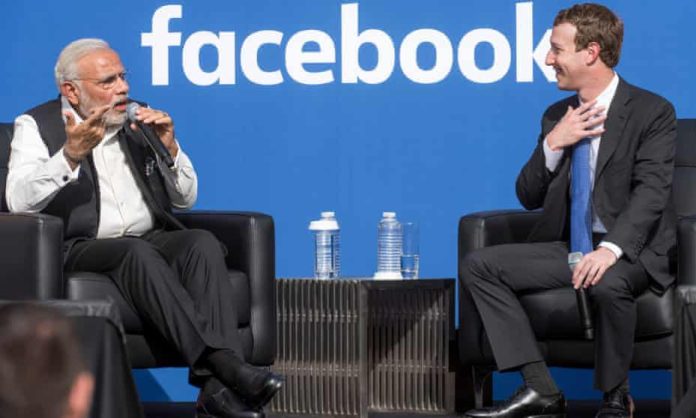21 May 2024: During India’s recent election, Meta, the parent company of Facebook and Instagram, found itself embroiled in controversy as it approved a series of AI-manipulated political adverts. These adverts, containing inflammatory language and disinformation, were submitted by civil and corporate accountability groups, raising concerns about the platform’s ability to curb harmful content.
The adverts, which included known slurs targeting Muslims and Hindu supremacist rhetoric, sparked outrage as they spread disinformation and incited religious violence. Despite Meta’s pledge to prevent the spread of AI-generated or manipulated content during the election, the approved adverts slipped through its detection mechanisms.
India Civil Watch International (ICWI) and Ekō, the organizations behind the submission of these adverts, aimed to test Meta’s ability to detect and block political content that could be harmful. However, the approval of such adverts highlighted the platform’s failure to effectively enforce its own policies on hate speech, bullying, and misinformation.
Critics accused Meta of profiting from the proliferation of hate speech, emphasizing the platform’s willingness to accept hyper-targeted ads promoting violence and extremist ideologies. Moreover, Meta’s failure to recognize the political nature of these adverts allowed them to violate India’s election rules, which prohibit political advertising during the voting period.
In response to the outcry, a Meta spokesperson reiterated the platform’s commitment to enforcing its community standards and guidelines. However, the incident underscored the inadequacies of Meta’s mechanisms in addressing the spread of hate speech and disinformation, particularly during critical elections.
The controversy surrounding Meta’s approval of AI-manipulated political ads during India’s election serves as a stark reminder of the challenges posed by social media platforms in combating harmful content. As the platform faces scrutiny over its role in influencing public discourse, questions arise about its ability to effectively regulate political advertising and safeguard democratic processes.




